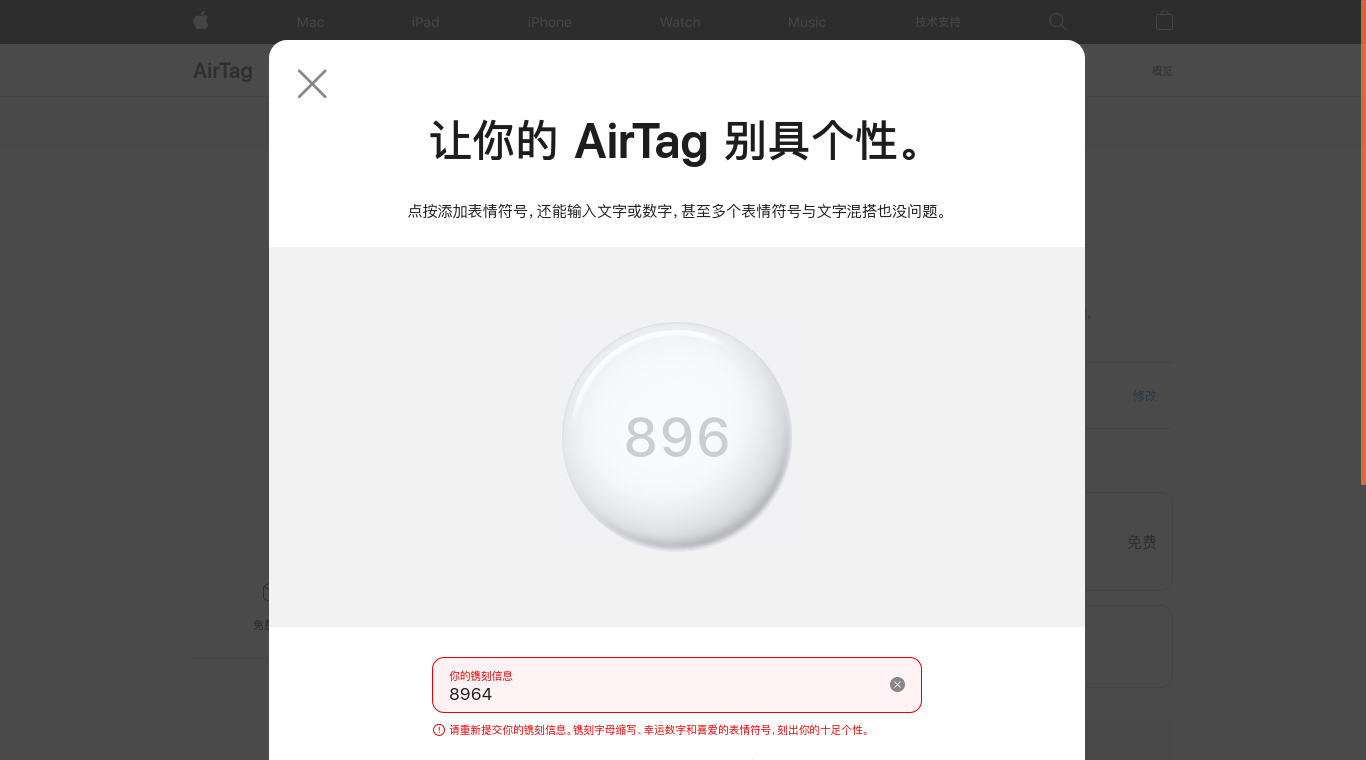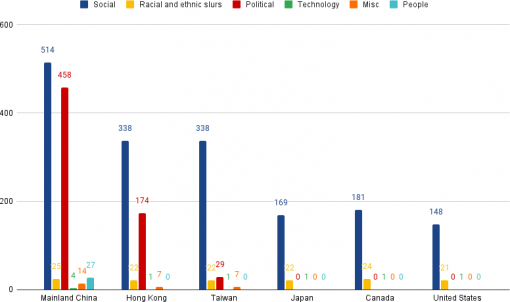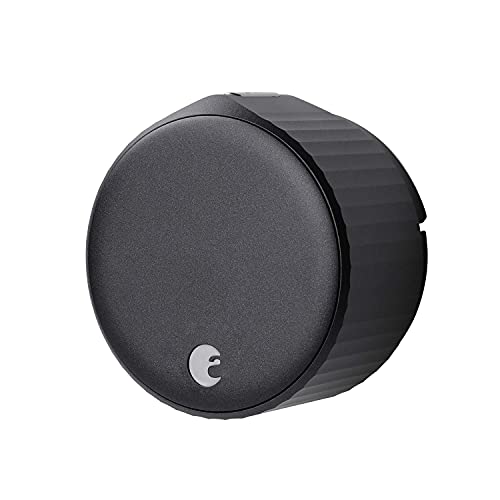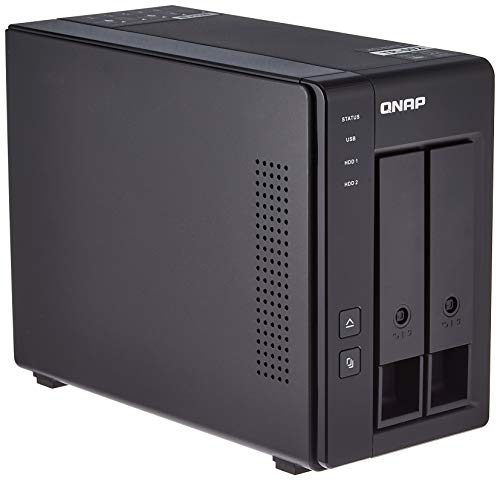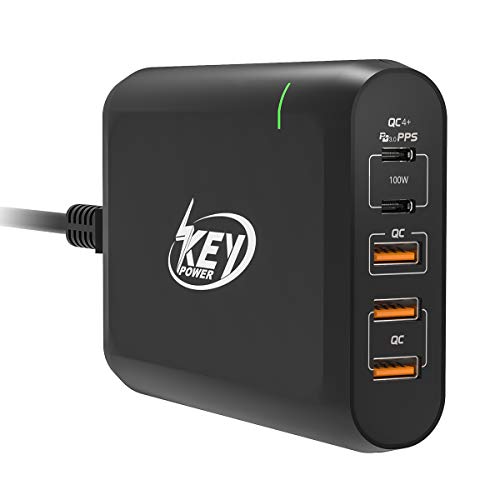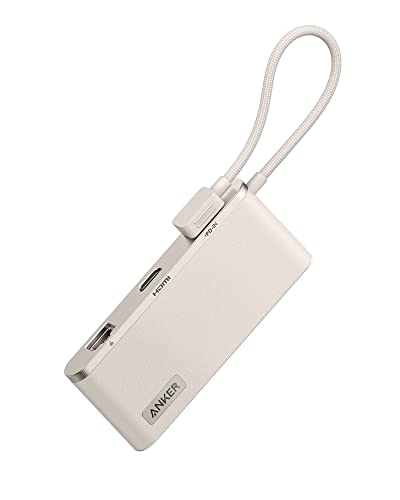The Citizen Lab at the University of Toronto in Canada has conducted an interesting study: the researchers have tried to find out which words and expressions are banned by Apple in different regions of the world when trying to have them engraved when purchasing AirTag. The regions studied to suppress certain expressions are China, Hong Kong, Taiwan, Japan, Canada and the US.
The images are from the home page of Citizen Lab and are under Creative Commons license.
Freedom of speech is not equal around the world.
The very detailed article lays out what words and phrases are not allowed by Apple. It is no surprise that Apple adapts to the respective political systems: Thus, in almost all regions, the engraving of expressions related to pornography, profanity, entertainment, gambling and illegal goods and services is prohibited. Also, of course, words like “Boob” or even “Pnis” in German (only four digits are available) do not work, since Apple wants to present itself as a family business. Besides these expressions, there is basically no filtering in Japan, Canada and the USA.
In Taiwan, however, political censorship begins: for example, you are not allowed to have 法輪功 engraved: Falun Gong. There is no law in Taiwan not to mention this politically religious group, Apple makes it just like that. In Hong Kong, you can not use the characters 新聞自由 for freedom of the press and in China, almost logical, 人权, which means human rights. Also, the number combination “8964” may not be used because it commemorates the protest on June 4, 1989, the day of the Tian’anmen massacre. Further, some names are censored in China, though the Canadian researchers are not quite sure why of all the ones found are blocked.
As you can see nicely from the graph, the political expressions that Apple does not allow to be engraved are increasing sharply from Taiwan to Hong Kong to China. Read the entire article at your leisure, it’s really very interesting.
On these findings, Apple was of course also questioned to find out if perhaps a certain scheme or legal requirements led to these banned words. Apple’s response to this:
As with everything at Apple, the process for engraving is led by our values. We are very
glad to offer customers the opportunity to express themselves and we have guidelines in
place to ensure local laws and customs are respected and adhered to in every country
and region where we operate.We handle engraving requests regionally. There is no single global list that contains one
set of words or phrases. Instead, these decisions are made through a review process
where our teams assess local laws as well as their assessment of cultural sensitivities. We revisit these decisions from time to time. While those teams rely on information from a
range of sources, no third parties or government agencies have been involved the process.
So Apple says it is trying to comply with regional laws, but local governments still have no say. The rest of the selection is based on Apple’s own values.
The Citizen Lab team concludes that Apple should disclose its policies on banned words and phrases and explain the rules for them transparently. A major criticism is also directed at the company’s actions in China:
Apple widely censors political content in mainland China, including broad references to Chinese leadership, China’s political system, names of dissidents, independent news organizations, and general terms relating to democracy and human rights.
This, the reseachers say, even shoots beyond what is actually prohibited in China. The fact that similar rules are even applied in Hong Kong and Taiwan is equally worthy of criticism under the current laws there.
